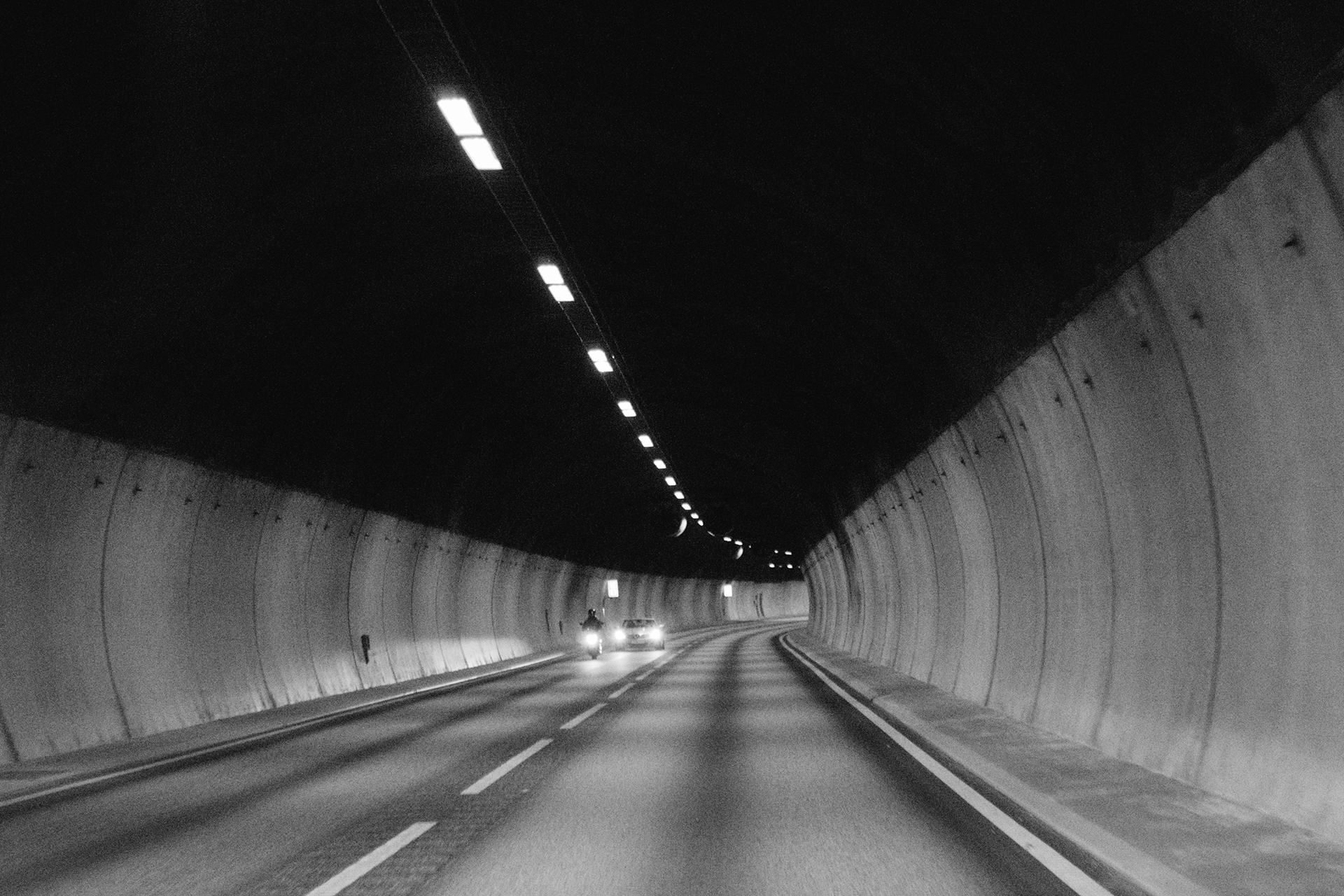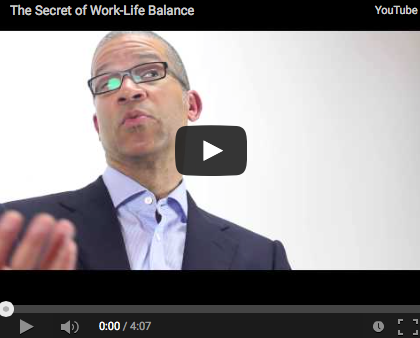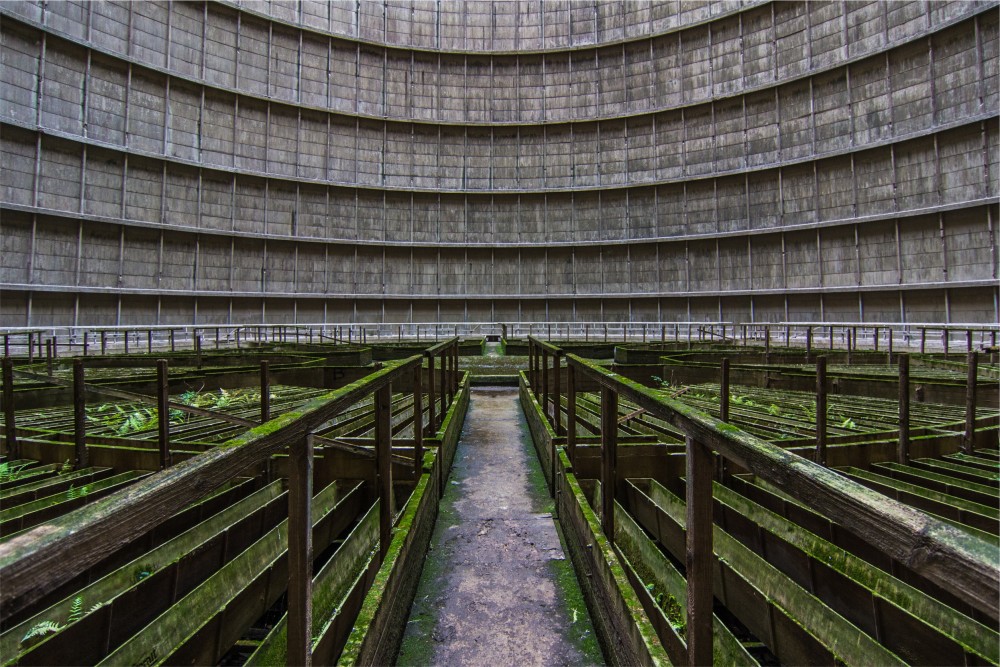
This is the first time I’ve interviewed a novelist. It’s a special treat for me because I’ve been influenced and encouraged by Jim Mitchem’s writing for some time. Minor King is his first novel and its a fine read. Enjoy!
Was there an “a-ha” moment when you decided you had to write Minor King?
Like the main character in the book, I’d been mulling a novel for a while. But over the last decade my life had become pretty busy, and I couldn’t focus long enough for clean, contiguous thought. Over the years I’d started a lot of long-form stories, and had files full of ideas, but nothing grabbed my interest enough to commit to the sacrifice necessary to finish a novel. That is, until the ending of Minor King occurred to me. When that happened, I knew that I had a special story. So essentially, I wrote Minor King in reverse.
The main character, Jim, experienced a lot of pain and tough roads. Why’d you shape him this way?
Minor King is written in the roman à clef style. Which means that it’s loosely based on my own life. Many of the struggles that the protagonist, Jim Christianson, faces are actually part of my own personal story. As a result, and because I’ve written about some of these personal trials on my blog, some of my friends have had a hard time separating reality from fiction.
I felt that it was necessary to include a deep backstory to reinforce a few important ideas. First, America is the land of opportunity. Most of us believe that all you have to do is work hard, pay your dues, and keep your nose clean and you can go as far as you want here. Or so, that’s what they tell us. By establishing the rags-to-riches backstory, or rather in Christianson’s case, rags-to-middle-class, the reader is able to attach empathy to the plight of the protagonist because we’re all in the same boat. I also wanted to give the reader a deep reference point to how far the character came to get to where he is in life so that the ending comes as a surprise. Finally, I used his painful past as a way to reinforce the idea of Christianson’s faith. God pulls him from the clutches of suicide, after all.
The dynamic between Jim and his partner/boss is pretty intense. Was this type of relationship one you could relate to?
Absolutely. A few years ago I decided to throw myself into a startup with the same kinds of goals that Christianson had with his own endeavor. Every character in the book but one is based on real life relationships I’ve had. Including the relationship between Christianson and his boss, Matthew LeCure. Granted, this is where the fiction really takes hold. My business partner in real life was not nearly the selfish person that LeCure is. Creating a hatable antagonist was a fun exercise, and important to keeping the reader interested.
Were there any underlying influences in writing the novel?
I was a Literature major in college. From Dickinson to Faulkner, and Chopin to Márquez, we spent a lot of time deconstructing the classics. Even the Bible. As a result, I learned how great writers spoke to the reader on different levels. First, there’s the obvious storyline. But just below the surface were clues to other concepts. Secrets, really, that affect your subconscious. In Minor King I employed this technique, albeit on a more rudimentary level, throughout the story. For example, all the times referenced in the book directly correlate to verses from a specific book in the bible. A book which one of the main characters is named.
I also felt like the overall feel of King was something like a tragic, modern American story. Having studied The Great Gatsby in school, because it’s the prototypical tragic American novel, I modeled one of the characters in Minor King after an icon from Gatsby. Think yellow-rimmed glasses. And for the record, I hated The Great Gatsby.
What’s one big take-away you’d like readers to get from reading Minor King?
It’s been really interesting to see how people have interpreted Minor King. Some people have gravitated to the idea of the oppressive machine that we all seem to be a part of in America. For others, the gross inequity of wealth distribution has resonated. Still others have latched onto the concept of our dreams passing us by. And while all of those themes are important, I wrote this story around the idea of faith. Faith to do that which doesn’t seem possible. Faith in a power greater than ourselves. Faith in our dreams. Though with how the story ends, it could be interpreted that faith is the final phase of madness.

Jim Mitchem is a copywriter who found his way into advertising via a dirt path on the outskirts of society. Born with no obvious talent, Jim began writing at a young age as a way to lasso the stories that ran circles in his mind. Dismissed as folly when he shared them, he gave up writing for drinking at the age of 17. After a stint in the USAF, and armed only with a pen and looseleaf paper bound by elastic, Jim meandered through the US until he awoke in a gutter in New York City in 1991. His life and his writing have improved significantly since giving up booze. And while he doesn’t think that’s a coincidence, he does consider it damn ironic.
Minor King is his debut novel.

















